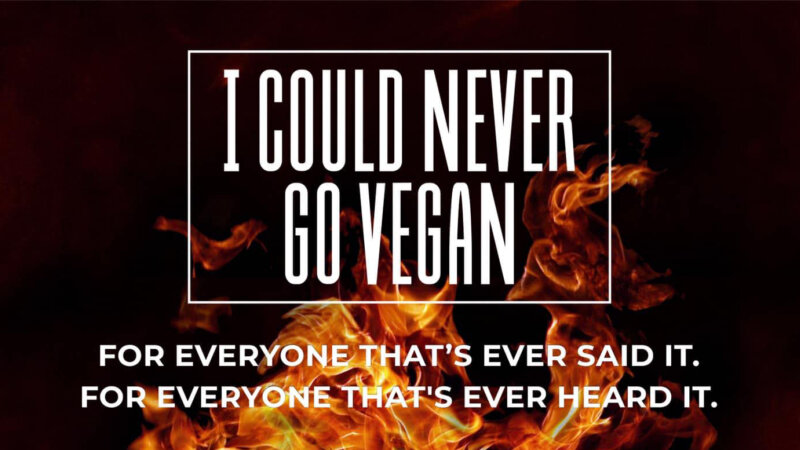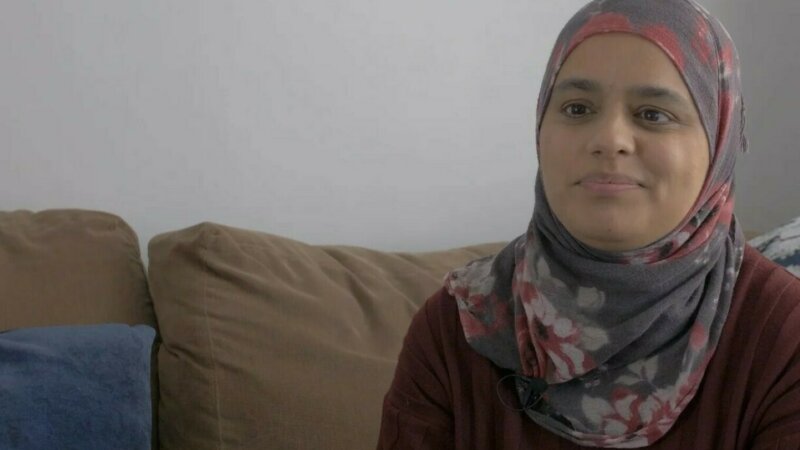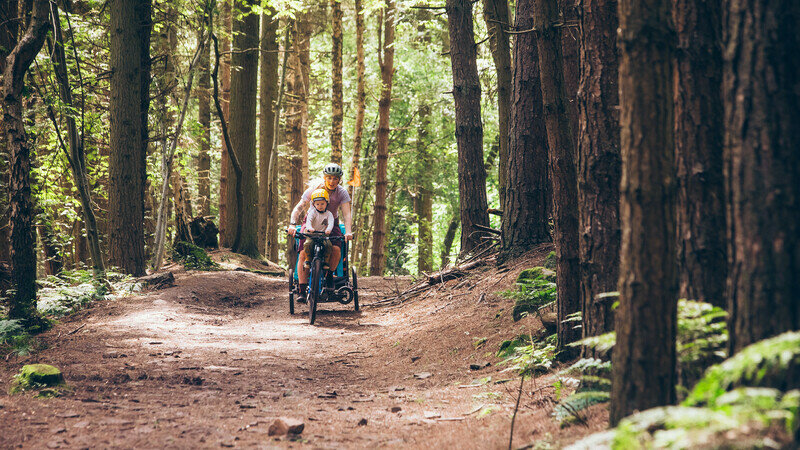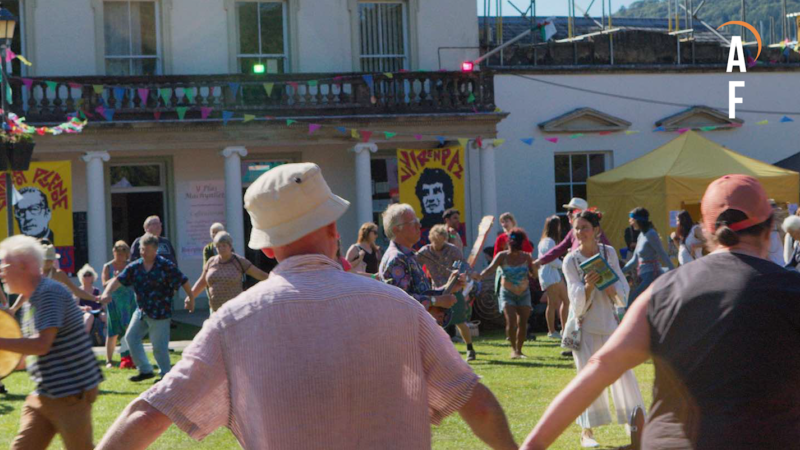Filmreel
Spliced Memories Part 1.
This month's Filmreel focuses on the art of film editing. Entire books have been successfully (and comprehensively) written about the subject, but I've chosen to 'cut the matter' into two basic parts, Image & Sound, presenting the first of the two in this issue and leaving the second for next month.
The approach to the subject could take many forms, but I do not want to alienate anyone who lives comfortably outside the confines of this laboriously intense process (which would be the vast majority of you, readers). For that reason, I have chosen to offer you a personalised insight into this most crucial side of filmmaking. It's what Stanley Kubrick said is "the only aspect that truly belongs to film", everything else being borrowed from other art forms. Also, for the sake of coherence, I decided to intersperse knowledge from a selection of film editors and directors that I admire with key entries from the production diary of my own latest project.
Saturday, 23rd April 2011/WHDE Diary Entry
Post-Production of the pilot episode of the web series 'Where Her Dreams End' begins - with the long process of capturing and logging the footage. Despite the 'not so problematic' shoot, this is the point at which any certainty you might've had goes out of the window. You're confronted with what you actually have to work with. All the compromises that took place during production jump at you like a flock of nervous crows. Over ten years of professional experience in editing is suddenly worth nothing in the face of those uneven blows of fixed reality. The challenge to bring them closer to your original intention (to what it was supposed to be) hence begins...
When elaborating on the dynamics of his partnership with editor Walter Murch, the late Anthony Minghella described something along the lines of meeting him at the beginning of post-production and being told: "Now I'm going to show you the film you actually made. Not the one that you have in your head."
This is a distinction that soon arises and that any good filmmaker needs to find the discernment and humility to acknowledge. You've emerged from the battlefield that is the shoot with the material you managed to attain. For every successful scene there will always be a shot that, for some reason, falters and might compromise everything.
Having originally trained as an editor - probably the most important skill a director should have - I can make decisions when filming and directing actors which will always be informed by 'how well it will cut later'. But you are, most of the time, working with human beings and relying on them to deliver as agreed or necessary.
Monday, 25th April 2011/WHDE Diary Entry
Echoes of the Revolution that most defines where I come from will always visit me on this date, but as someone born after the fact, I just let the imagery of red carnations in the barrels of guns seep through and focus on this fresh footage in front of me. Fabricated memories which bear little resemblance to what went on during production are gradually eroded from my mind. I assemble them with enthusiasm and renewed curiosity - trying to push away the fear of that certainty. The fear of what cannot be avoided: that final montage sequence will never cut together. For the first time in my career, I will have to go back and shoot new material...
The words of Julia Juaniz, editor of Carlos Saura's films, couldn't be clearer when she says: "I don't think that digital technology should have any influence on editing. It's just a question of comfort. Technology neither makes the technician nor the artist." That makes me think of the paradise that was my solitary confinement in the editing suites of Psalter Lane Campus (cutting on film by means of a Steenbeck) and of how the transition to digital was crowned by a silent pledge to myself to keep the process as physically tangible as possible, to only allow for the 'comfortable' advantages of the nonlinear to be subservient to the strict simplicity of my method, and nothing else.
Thursday, 28th April 2011/WHDE Diary Entry
Restlessness. I pace backwards and forwards in my hot editing studio. Feel like a caged wild animal forced into rational thinking, when I know by now that intuition should always prevail when cutting. I glance once in a while at individual frames of the material, which in turn 'sits' within the software - roughly edited yet glaring back patiently... I'm reassured by the fact that, when played through, the edit tells the entire story in visual terms. As it should, first and foremost. I set aside concerns about the additional material still to be filmed and I'm able to look afresh at certain moments. Time, as comprised in them, speaks to me clearly with a sense of promise that can after all be fulfilled.
Refuting the basic notion of 'montage cinema' that a film was made at the editing table, developed and championed by his fellow Russian filmmakers Kuleshov and Eisenstein, the great Andrei Tarkovsky wrote: "Editing brings together shots which are already filled with time, and organises the unified living structure inherent in the film." The way I see it, an editing process which is too adventurous can very easily corrupt the essence of what was so uniquely captured between the words 'Action' and 'Cut'. If you've done your job well as a director, pursued your goal unrelentingly but remained open to 'lucky accidents', then your footage just needs a little push when you reach the editing stage.
Wednesday, 4th May 2011/WHDE Diary Entry
Humanity - or a truthful representation of it - is invariably what I'm after in what I do. Yet with humanity comes uncertainty... ambiguity... imperfection...These human beings that I look at now, that I selected to inhabit these characters in 'very real time', they all come with their own memories... associations... shortcomings...Working towards a fine cut, I pay close attention to those moments towards the end of a given shot or sequence. "Yes, you are more truthful to yourself there, a little bit later, but I'm going to cut you here, before that unfortunate blinking. When your emotion was more at the service of the scene..."
In perfect correlation to this, there's the theory developed by Walter Murch in his book In the Blink of an Eye, which he would later recollect as such; "I became convinced that there was a connection between the patterns of a person's eye blinks and the patterns of their thoughts. That blinks are the equivalent of mental punctuation marks (...) separating and thus providing greater articulation to our thoughts. (...) The upshot of all this is that I believe the pattern of cuts in a film, to be at its best, needs to reflect or acknowledge the pattern of thoughts of the characters in the film - which ultimately means the thought patterns of the audience."
My personal approach tends to establish a further connection between this notion and another aspect of the film language; thoughts being the filtered surface of the subconscious, which in turn is subjective and can be expressed in the most subtle of ways by means of sound design. This will form Part 2 of this article in next month's Filmreel.
Essential Reading:
The Conversations - Walter Murch and the Art of Editing Film by Michael Ondaatje.
Fine Cuts - The Art of European Film Editing by Roger Crittenden.
Sculpting In Time by Andrei Tarkovsky.
In the Blink of an Eye: A Perspective on Film Editing - Revised 2nd Edition by Walter Murch.
JOÃO PAULO SIMÕES IS A PORTUGUESE FILMMAKER LIVING AND WORKING INDEPENDENTLY IN SHEFFIELD. HIS WORKS INCLUDE ANTLERS OF REASON AND AN ARRAY OF MUSIC VIDEOS AND DOCUMENTARIES. VISIT CAPTURAFILMES.BLOGSPOT.COM
whereherdreamsend.blogspot.com )





